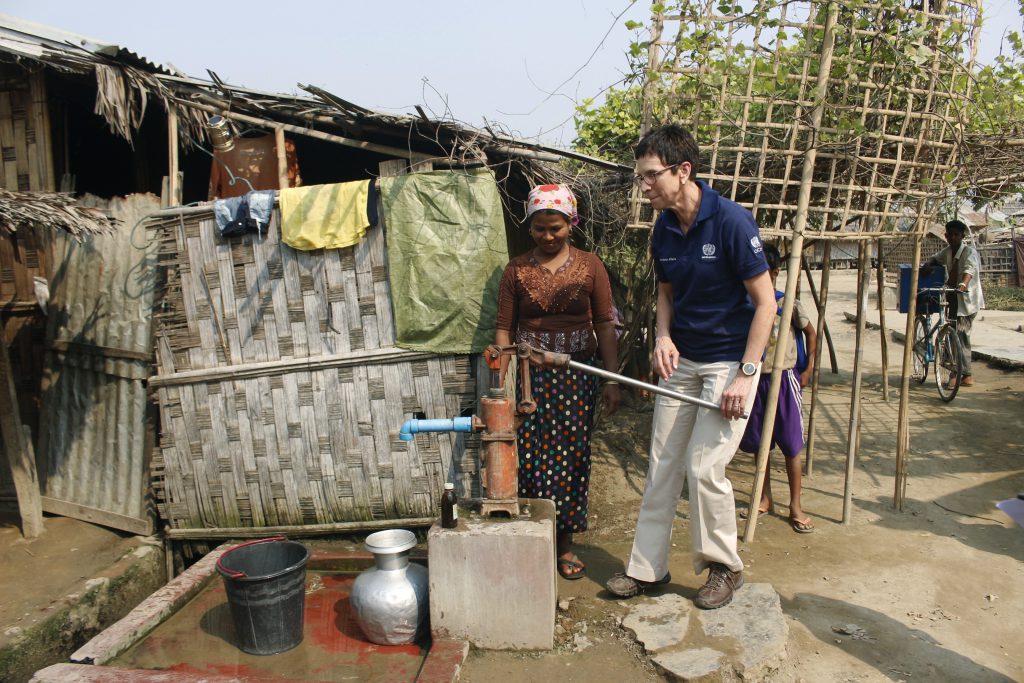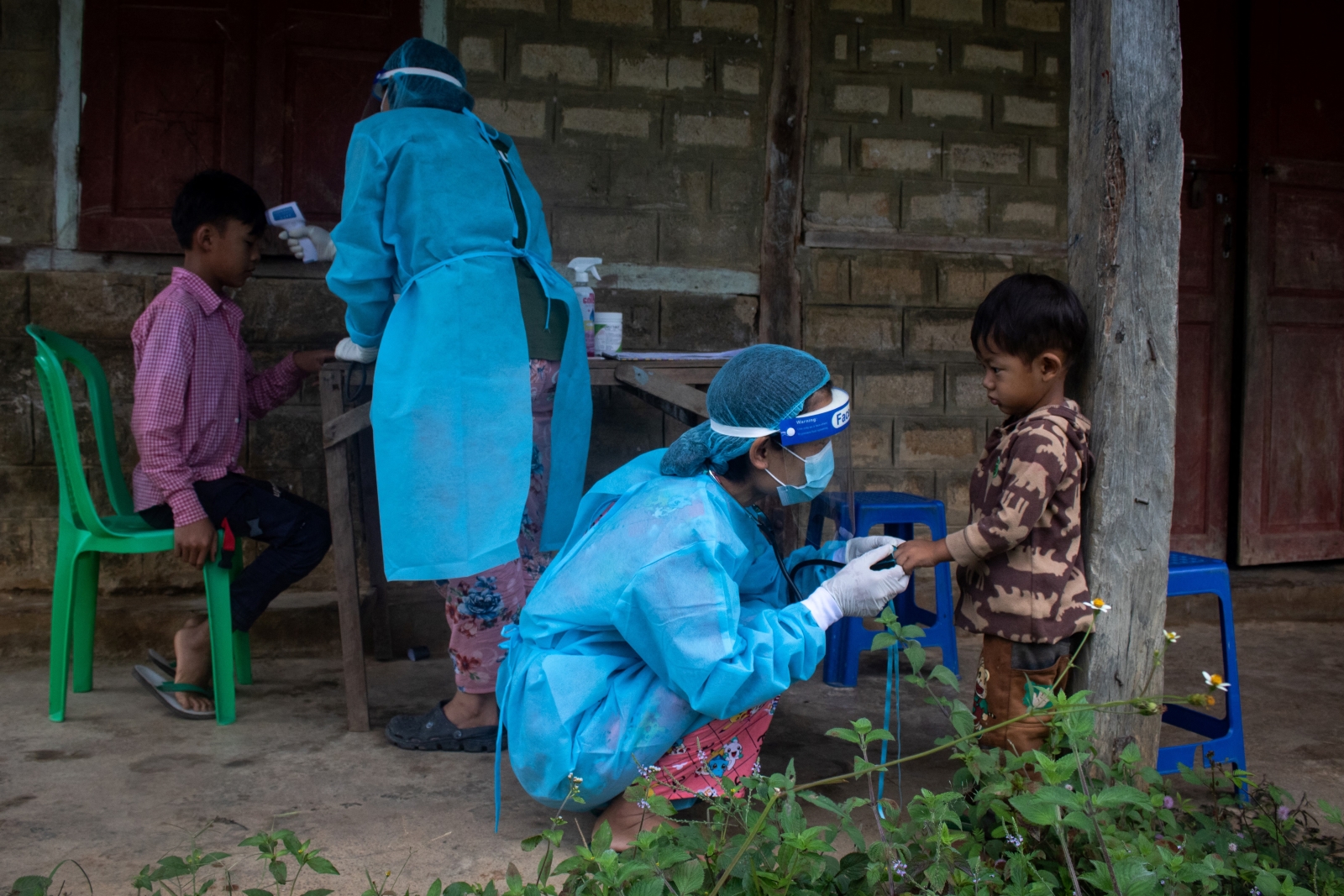By AFP
Conditions in Myanmar’s crisis-hit northern Rakhine state are “not conducive” to bringing back Rohingya who fled to Bangladesh, a senior UN official said, despite Myanmar’s insistence that it is ready for returnees.
Some 700,000 members of the Muslim minority have fled since August to escape a bloody military crackdown that has left a trail of torched villages in its wake and allegations of murder and rape at the hands of troops and vigilantes.
The army in the mainly Buddhist nation denies the allegations and casts its campaign as a legitimate response to Rohingya militant attacks on August 25 that killed about a dozen border guard police.
Myanmar and Bangladesh signed a repatriation deal in November but not one refugee has returned so far.
“Right now, the conditions are not conducive to a voluntary, dignified and sustainable return,” said Ursula Mueller, assistant secretary general for the UN’s Office for the Coordination of Humanitarian Affairs.
Speaking to AFP Saturday at the end of a six-day trip to the country during which she visited northern Rakhine, Mueller said Myanmar must address “critical issues of freedom of movement, social cohesion, livelihoods, and access to services”.
For years members of the stateless Muslim minority have been deemed illegal immigrants from Bangladesh, and forced to live under apartheid-like conditions with severe restrictions on their movements and limited options for education and healthcare.
Myanmar has repeatedly said it has completed the groundwork to accept back Rohingya refugees.
“We are ready. The buildings are ready. The hospital and clinics are ready,” Aung Tun Thet, chief coordinator of a government-backed organisation working on resettlement in Rakhine, told state media last week.
“We have done what we can. If they don’t feel safe then there isn’t anything we can do.”
During her trip, Mueller also spoke to Rohingya Muslims who have been confined in what she called “deplorable” camps and settlements within Rakhine since a previous wave of inter-communal violence six years ago.
“We cannot, and must not, forget the plight of over 400,000 Muslim people still living in Rakhine state who continue to face a life of hardship and marginalisation due to movement restrictions,” she said.
Her visit also aimed to draw attention to growing problems in Kachin and Shan states in northern Myanmar, where the army has faced far less scrutiny as global attention focuses on the Rohingya crisis.
At least 10,000 people have been displaced since the beginning of the year by fighting between the country’s military and ethnic armed groups.
Some 100,000 people in both Kachin and Shan have been forced from their homes since a ceasefire between the military and the Kachin Independence Army broke down in 2011.
Myanmar has at least 20 ethnic armed organisations and other armed groups in various stages of conflict, directly affecting more than a third of the country’s townships and up to one quarter of the population.







